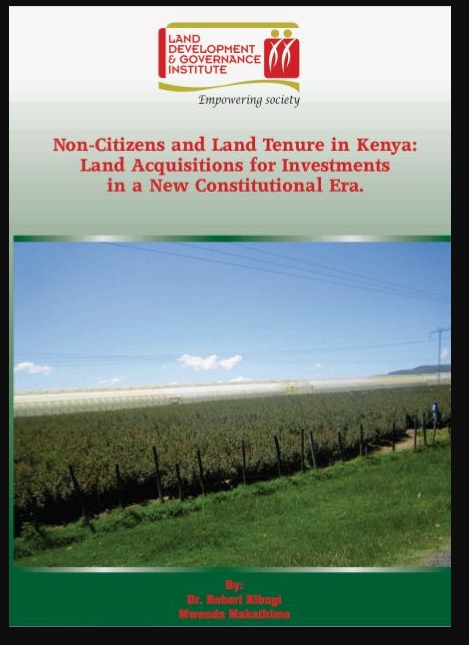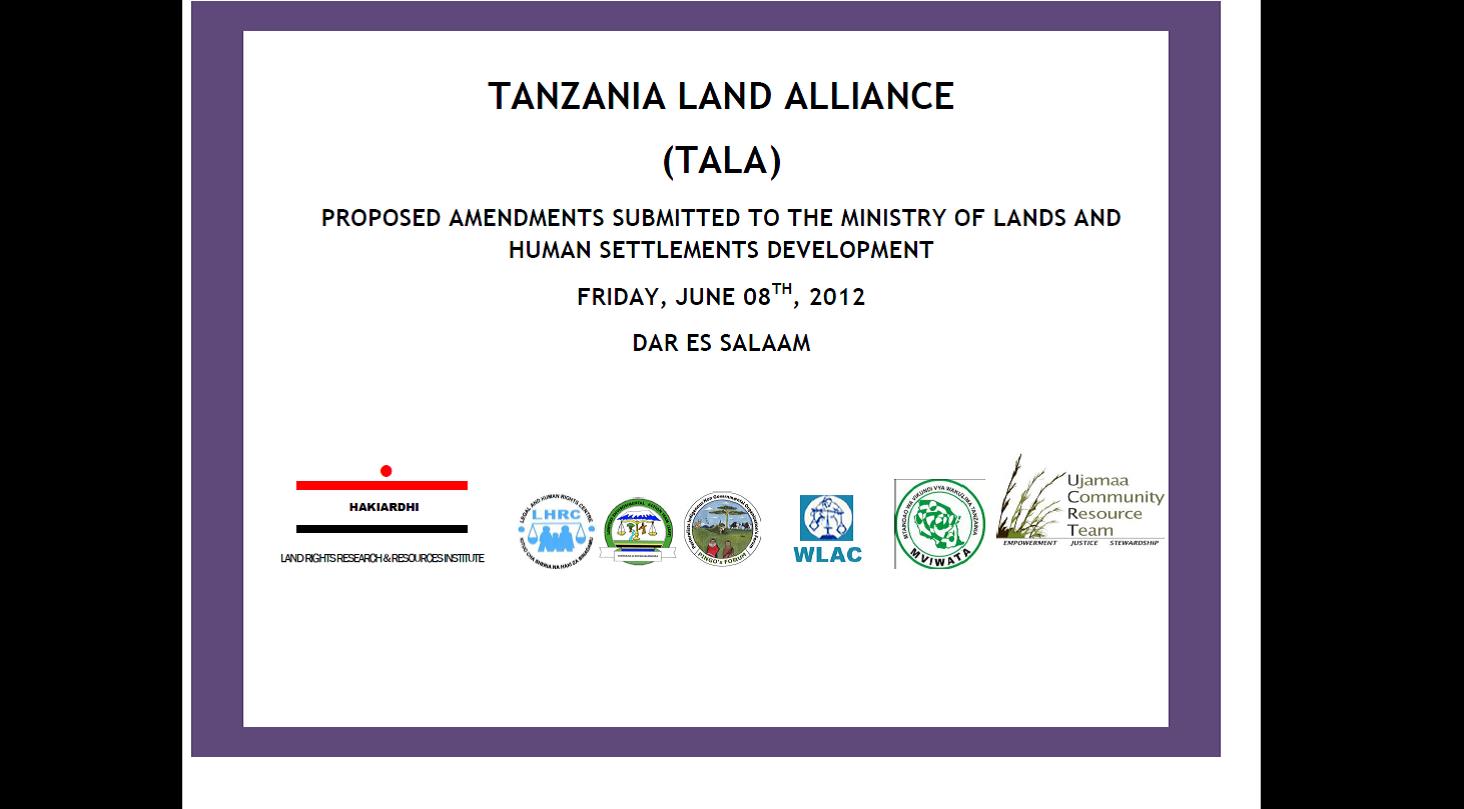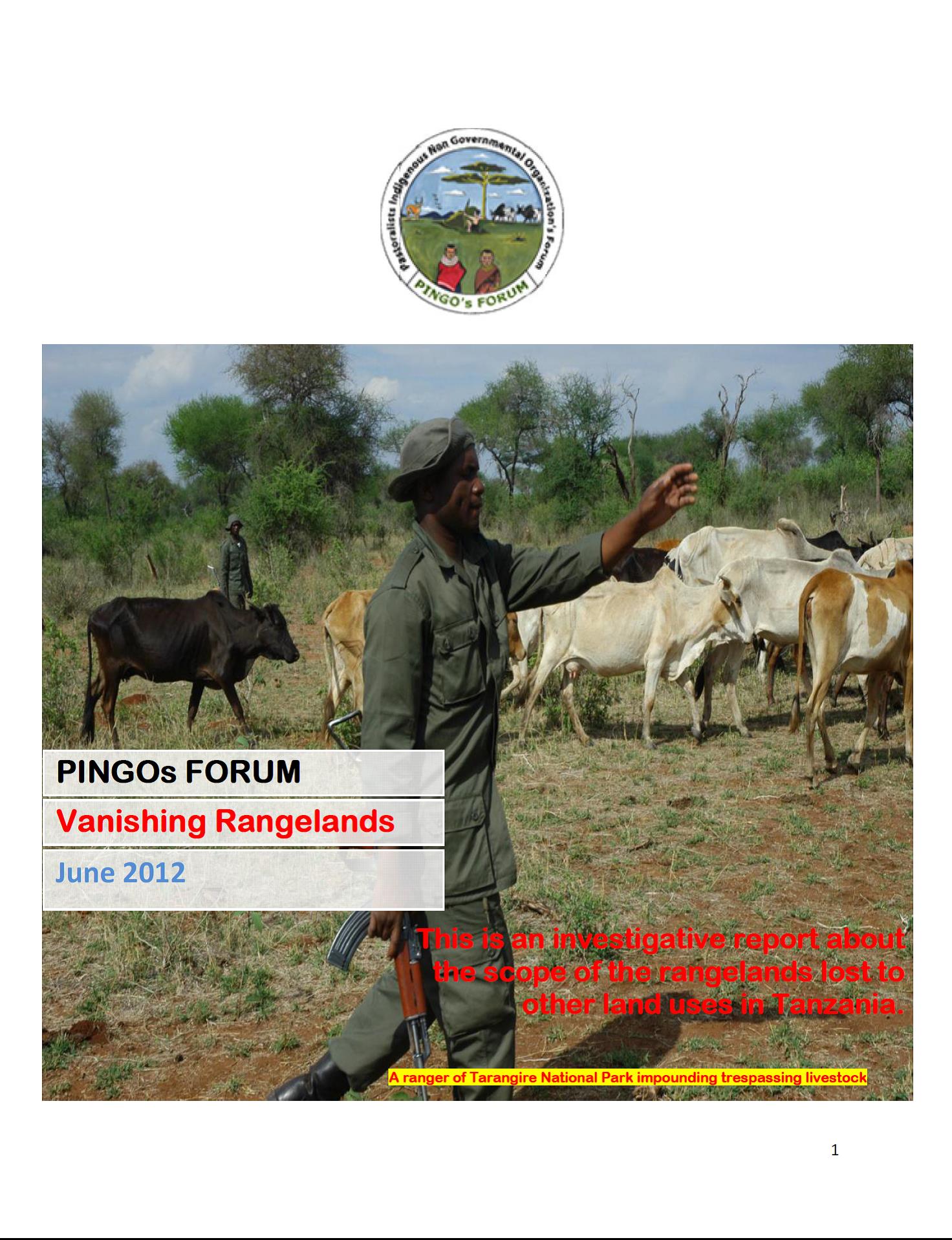After the Tsunami : Women and Land Reforms in Aceh
On Boxing Day morning, 2004, a 9.3
magnitude earthquake struck the Indian Ocean. The quake
unleashed a blast of energy and created a tsunami three
stories high. The disaster claimed more than 228,000 lives,
affected 2.5 million others and caused close to US $11.4
billion of damage in 14 countries. By far the highest price
was paid by Aceh, where more people died than in all the
other countries combined. In Banda Aceh, the capital of the






